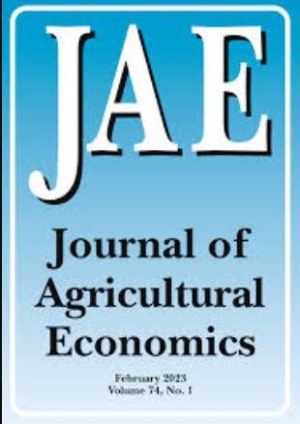Gender gaps in the adoption of climate-smart agricultural practices: Evidence from sub-Saharan Africa
In this paper we examine whether there are significant gender differences in the adoption of climate-smart agricultural (CSA) practices in sub-Saharan Africa.
Using individual-level data from four sites in Kenya, Uganda and Senegal, our empirical analysis provides robust evidence that men have a higher likelihood of adopting high-return CSA practices including modern chemical fertiliser, improved high-yielding varieties and drought/pest tolerant livestock practices.
In contrast, women tend to have a higher likelihood of adopting low-risk and low-return traditional CSA practices such as water harvesting, crop covering, rangeland management and pest management.
Our subsample analysis shows significant heterogeneity in the gender gap across countries.
The results of the decomposition of the observed gender gap show that personal values and norms, access to weather and production information and farm characteristics are important factors that explain the gender differential in the likelihood of CSA adoption.
Our findings imply that equalising access to key resources such as plots of land, information and decision making power will be crucial to close the gender gap in the adoption of CSA practices.
This is particularly important given the differential impacts of climate change between men and women in sub-Saharan Africa.




